

At CIFCAD, we are committed to fostering empowerment, resilience, and sustainable development within communities. Our programs are designed to address critical societal needs by promoting education, enhancing financial literacy, advocating for gender equality, and creating opportunities for economic empowerment. Through innovative initiatives and strategic partnerships, we aim to uplift individuals, strengthen families, and build resilient communities that thrive. Together, we can create a future where everyone has the tools, resources, and support to live dignified and fulfilling lives.
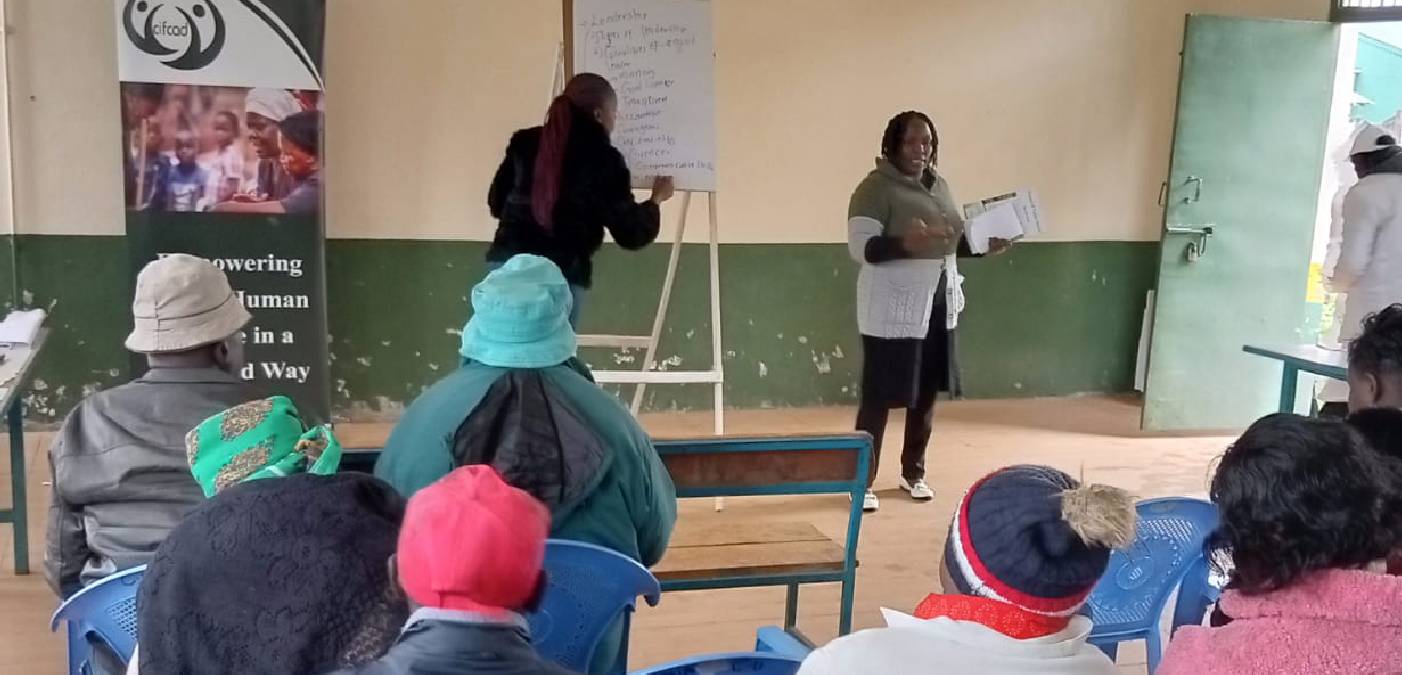
DTL is a pre-training assessment tool that we have developed and adopted to assess the needs and risks that the workers go through. This follows a play-based participatory approach and invites the participants to take an...
Read more
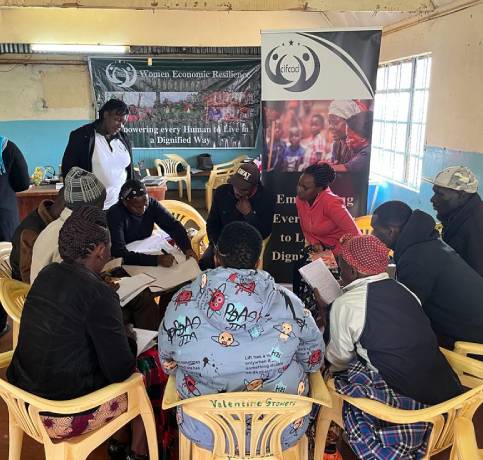
One of the ways of helping workers in the tea sector, flower sector, and general communities live a dignified life has been through training them on effective communication. This training has been integrated with related fields of study like emotional intelligence and self-awareness skills that help the participants express themselves. Earlier...
Read more
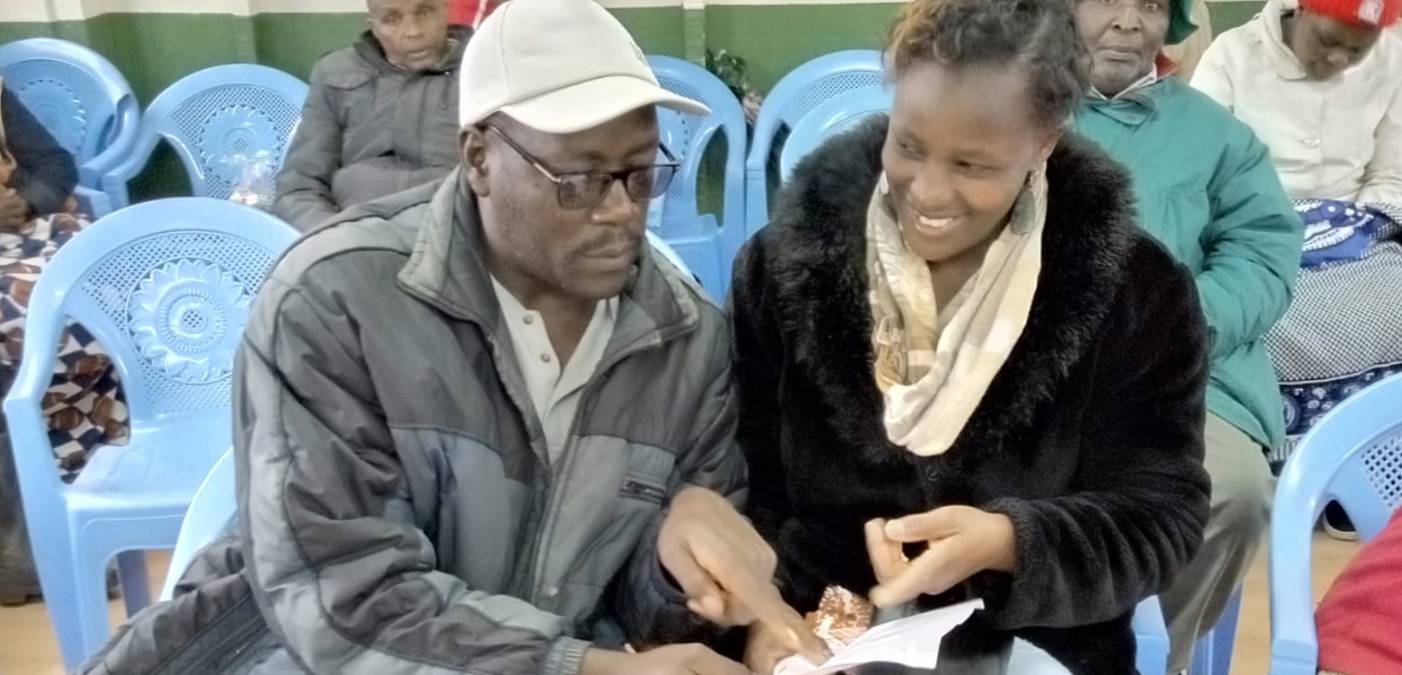
Another way that CIFCAD has been committed to promoting dignified lives is through promoting gender mainstreaming. Gender imbalance and inequalities can be a big hindrance to the vision and mission of any organization or company. We have committed to helping the flower farms, tea farms, and communities to gender...
Read more
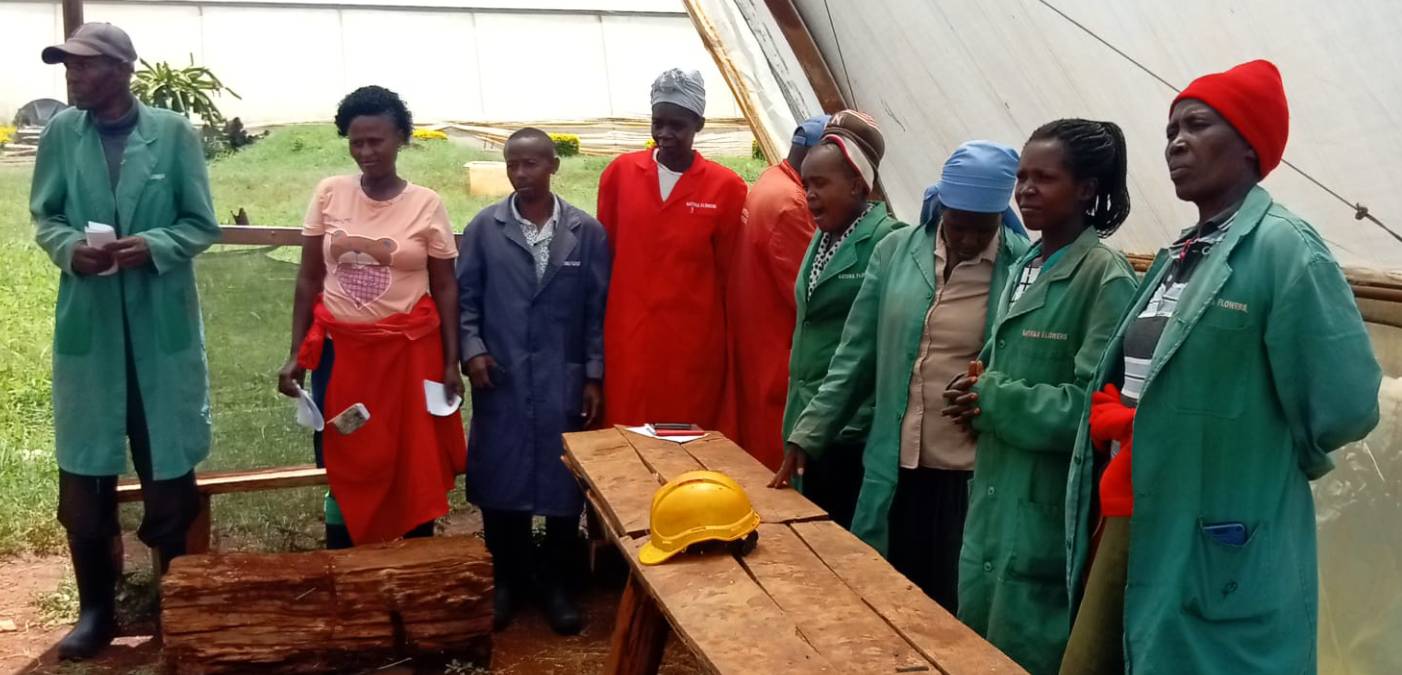
We cannot insist on the farms to re-invent the wheel. One of the ways that we promoted humanity to live dignified lives is by looking for those agencies tackling a specific problem that has been identified during the DTL session and linking them to the farm. For example, if women have..
Read more
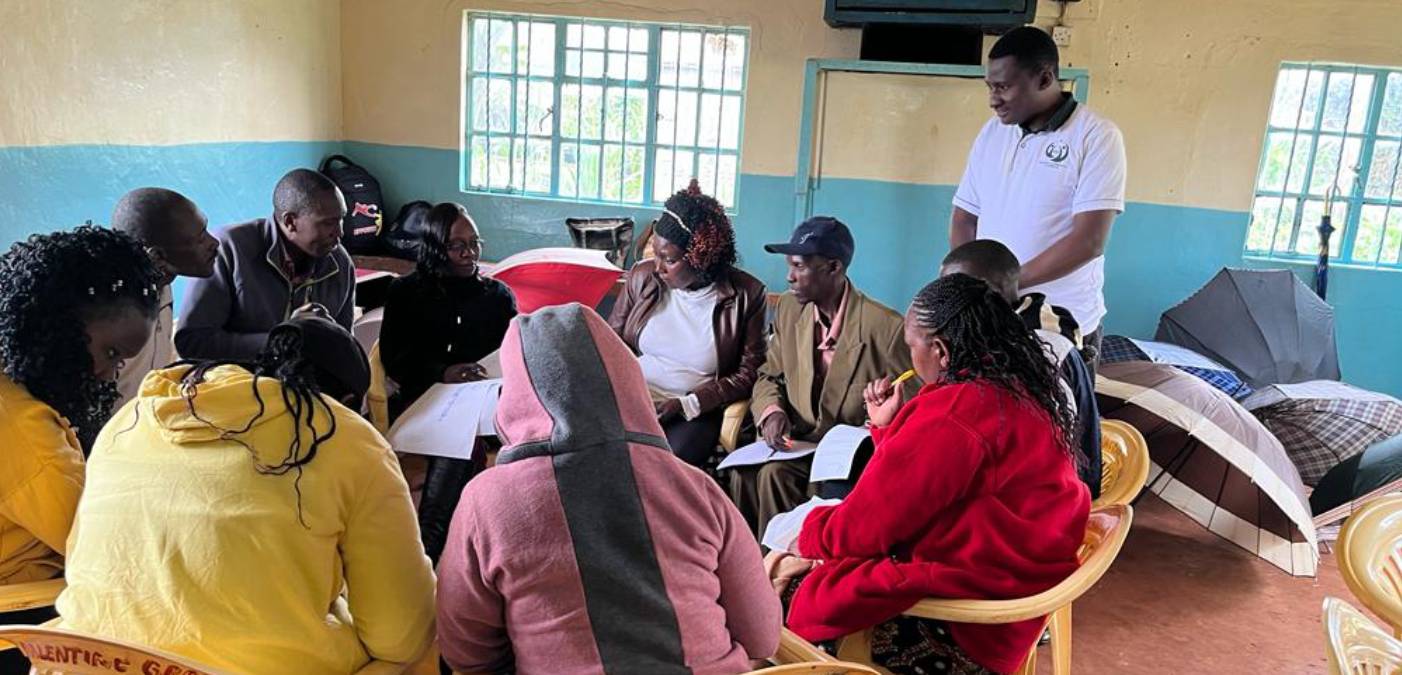
Another way of ensuring that people live dignified lives is by raising the leaders in them. Developing leaders is raising people who possess the abilities, traits, and worldview required to motivate, direct, and empower others toward shared objectives. We train the farms to identify and develop leadership potential.
Read more
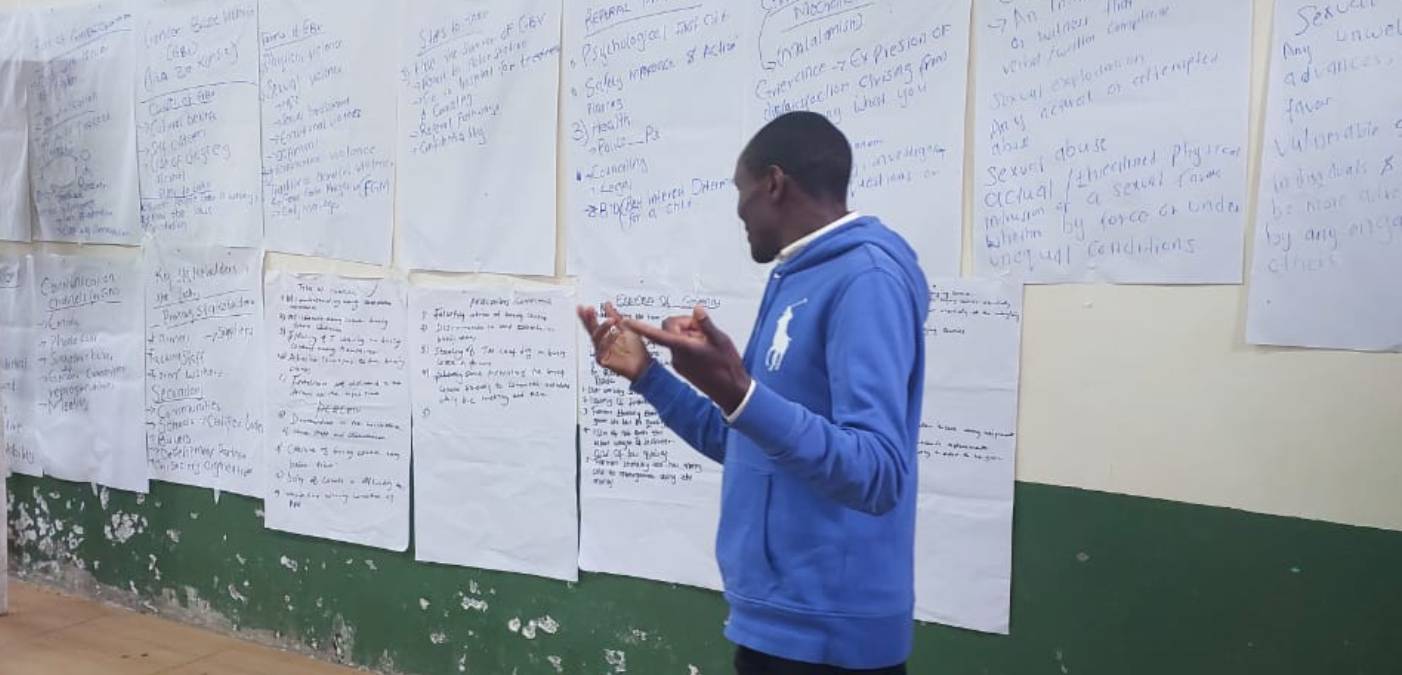
There is no way people will live dignified lives without experiencing financial freedom through financial literacy. Financial literacy is the knowledge and skills required to make informed financial decisions, including budgeting, saving, investing, borrowing, and managing debt. We have trained farm workers on different strategies promoting financial...
Read more
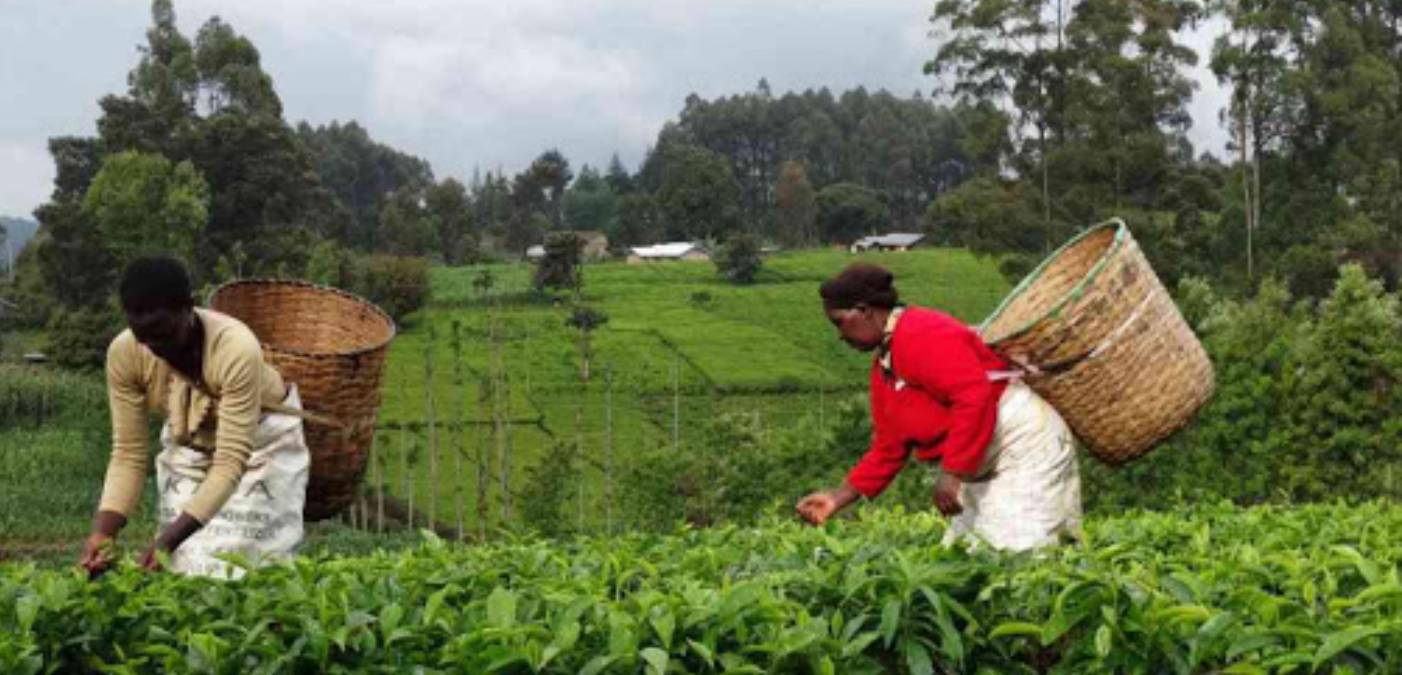
CIFCAD is committed to improving women’s financial literacy as part of addressing GBV issues. Our program encourages workers in the tea sector to increase their open communication among spouses regarding finances. Tea farmers are advised to include their spouses in decision-making on savings, investments, and spending...
Read more
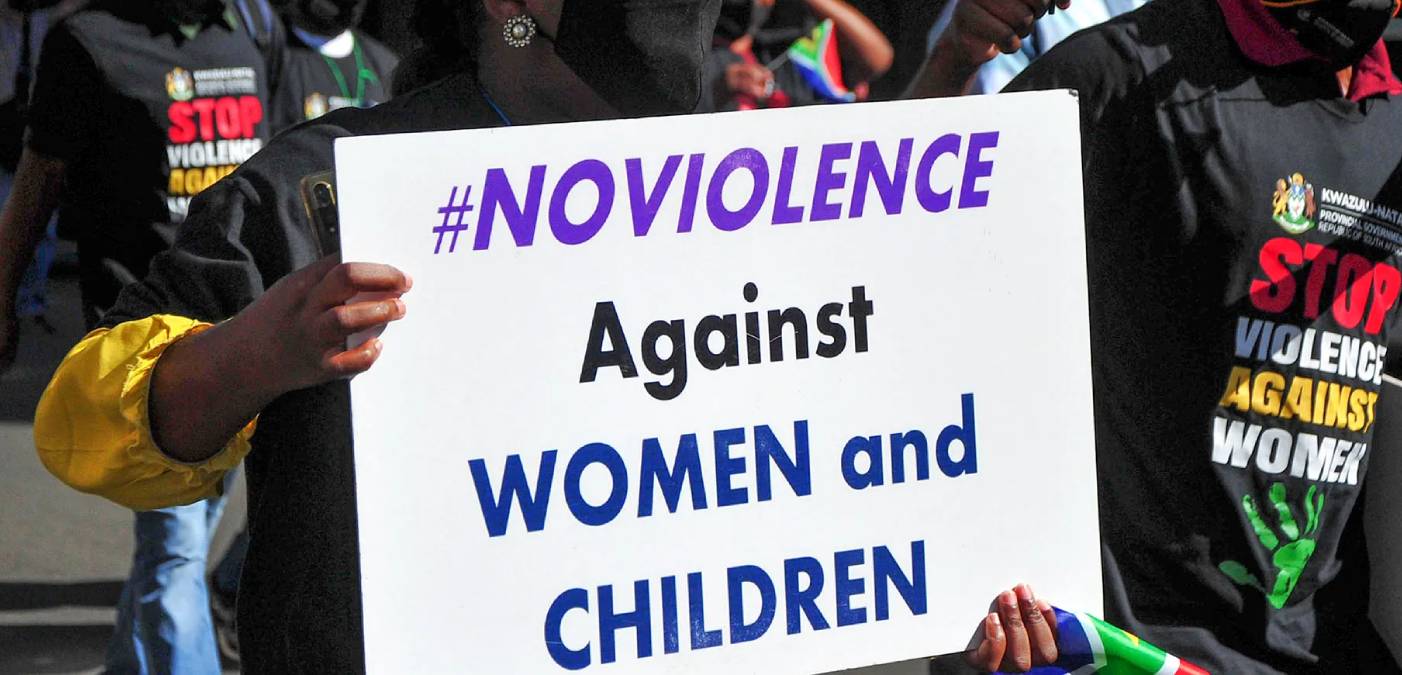
One way of dealing with Gender-based Violence (GBV) is tackling the root cause of the problem. CIFCAD has undertaken an education program targeting men in the informal sectors, including motorbike taxi riders (Boda Bodas), to sensitize them on GBV. Our goal is to reach and engage with men in...
Read more

Globally, nations cannot achieve the sustainable development goal of ending climate change without addressing the way families cook. Energy plays a key role in eco-system but if governments do not think about energy generation, then the environment will always be negatively impacted. To contribute to sustainable development goals, CIFCAD works...
Read more

This is done under two dockets: Gender equality initiatives Leadership and governance Gender equality Initiatives The program acknowledges that gender-based violence is a barrier to gender equality. Gender-based violence is experienced in different set-ups and it leads to long-term effects to all survivors...
Read more
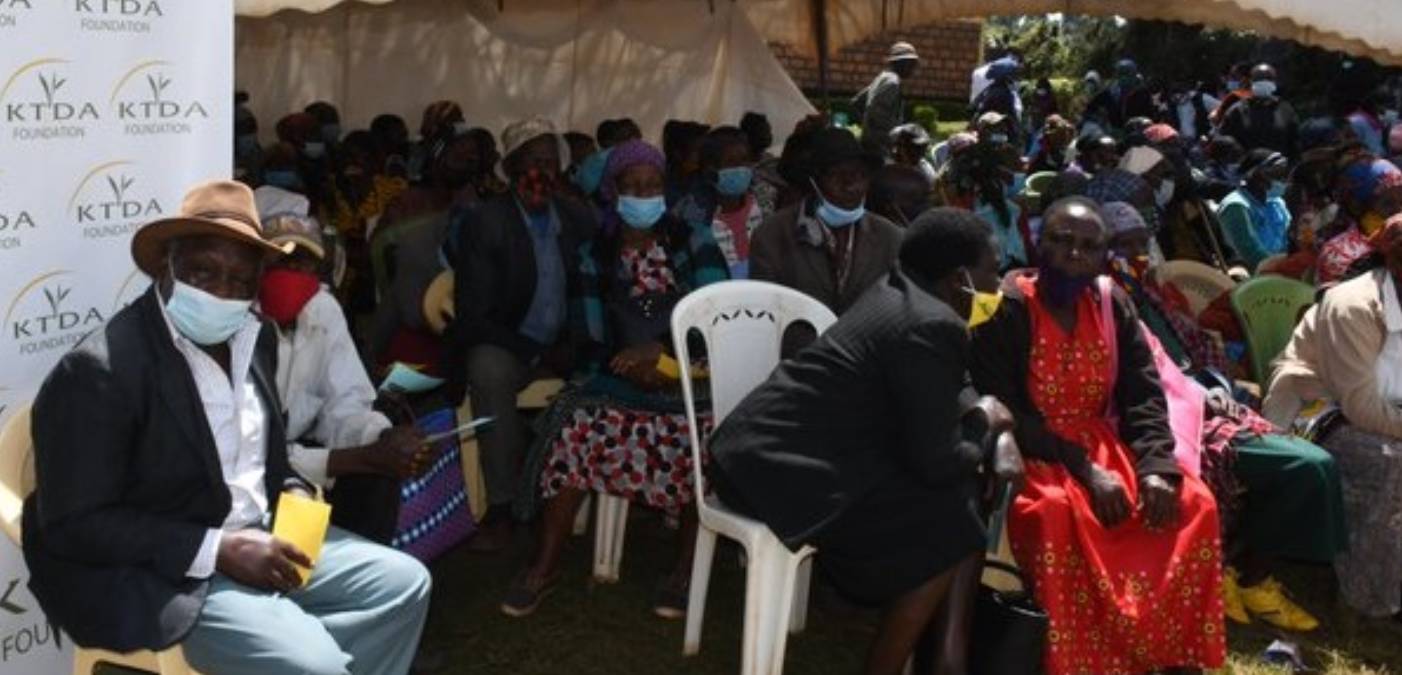
The two-third gender principle is intended to promote equality in sectors of the society where women have been disadvantaged. This principle is intended to institutionalize increased women’s participation in the tea sector. The tea production industry is male-dominated despite most of the workforce being women. However, men occupy most leadership...
Read more